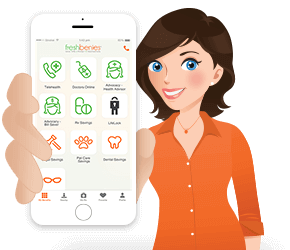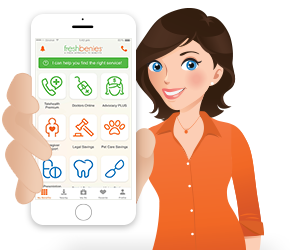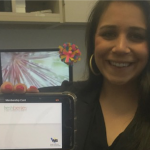Fireworks Fun: Tips for Staying Safe
This is a guest post from Dr. Anita Bennett with eDoc America.
According to the U.S. Consumer Product Safety Commission, the majority of all fireworks-related injuries occur during the weeks prior to and after the Fourth of July holiday. In 2008, seven people died and an estimated 7,000 were treated in emergency departments for fireworks-related injuries in the United States. Children under the age of 15 accounted for the majority of these incidents. This is not surprising when you consider that a sparkler, which most people consider to be safe, can burn at up to 2,000 degrees Fahrenheit, and a common, albeit illegal, explosive, the M-80 has been responsible for the loss of fingers and hands.
How and why do fireworks-related injuries occur?
Firecrackers, bottle rockets, and sparklers account for a large percentage of fireworks-related injuries. Firecrackers explode very quickly and cause injuries to the hands or face if they explode at close range. Bottle rockets, sometimes flying through the sky erratically, can strike the face causing eye injuries. Due to their extreme temperature, sparklers are capable of burning the skin and igniting clothing. Curiosity, leading to examination of a "dud" that initially failed to ignite is responsible for a number of these injuries. For the most part, younger children simply lack the judgment or physical coordination necessary to safely handle fireworks.
Are fireworks legal in all states?
Each state has its own laws governing fireworks, varying from allowing any type of "consumer fireworks", to allowing only sparklers or small novelties, to banning fireworks altogether. Fireworks sellers sometimes get around restrictive county or state fireworks laws by placing their stands near state or county lines. In addition to "legal" fireworks, illegal fireworks are also accessible to the public. In 2008, the Customs and Border Protection staff found that 46 percent of the imported fireworks shipments contained illegal fireworks. Often these fireworks are more powerful and potentially dangerous than those sold legally.
How can fireworks-related injuries be prevented?
Here are some fireworks safety tips from the Consumer Product Safety Commission:
- Never allow young children to play with or ignite fireworks.
- Fireworks Display
- Make sure fireworks are legal in your area before buying or using them.
- Avoid buying fireworks that come in brown paper packaging, as this can often be a sign that the fireworks were made for professional displays and could pose a danger to consumers.
- Adults should always supervise fireworks activities. Parents often don't realize that there are many injuries from sparklers to children under five. Sparklers burn at temperatures of about 2,000 degrees – hot enough to melt some metals.
- Never have any portion of your body directly over a fireworks device when lighting the fuse. Move back a safe distance immediately after lighting.
- Never try to re-light or pick up fireworks that have not fully functioned.
- Never point or throw fireworks at another person.
- Keep a bucket of water or a garden hose handy in case of fire or other mishap.
- Light one item at a time, then move back quickly.
- Never carry fireworks in a pocket or shoot them off in metal or glass containers.
- After fireworks fully complete their functioning, douse the spent device with plenty of water from a bucket or hose before discarding to prevent a trash fire.
In addition to injuries to humans, an estimated 22,500 reported fires were started by fireworks in 2008, causing $42 million in property damage. This July 4th, consider leaving the fireworks to the professionals and enjoy an injury-free holiday.
However you celebrate - have fun and stay safe!














